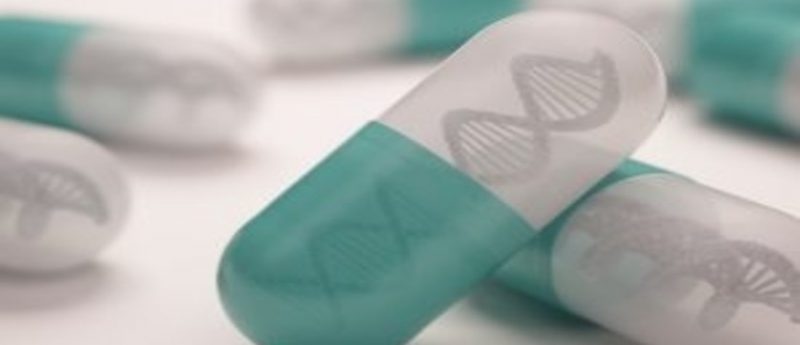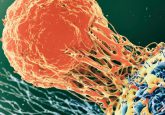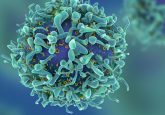Progression of bladder cancer could be predicted by E2F4 signature

Researchers from the Norris Cotton Cancer Center (NH, USA) have harnessed genomic data to demonstrate that the E2F4 signature, previously identified in breast cancer, can help predict bladder cancer prognosis and response to therapy. Their findings appeared recently in Molecular Cancer Research.
“We found that the E2F4 signature is predictive of the progression of both non-muscle-invasive and muscle-invasive bladder cancer,” commented Chao Cheng, the leader of the study. “It can also predict the responsiveness of patients to intravesical Bacillus Calmette-Guerin immunotherapy. Our results suggest that patients with positive E2F4 scores benefit significantly from BCG therapy, while the progression of patients with negative E2F4 scores does not show significant difference from untreated patients.”
Although intravesical BCG therapy has been extensively used to treat non-muscle-invasive bladder cancer (with up to a 60% success rate in preventing progression or recurrence), there is not currently an effective biomarker that can identify which patients will be responsive to the therapy. These findings suggest that the E2F4 gene signature could do just this.
The study involved an integrative analysis of gene expression profiles for >800 bladder tumor samples, the data for which were collected from the Gene Expression Omnibus public database.
“An integration of genomic data with clinical information will provide new biological insight in cancer biology and identify new biomarkers for aiding clinical practice,” remarked Cheng. “Such translational studies need collective efforts from cancer biologists, clinicians, and computational biologists.”
The team now plan to conduct further, more detailed research in an independent dataset, in order to provide validation for the prognostic value of the E2F4 biomarker. Their aim is to create a practical and convenient clinical test based on the E2F4 signature that can predict the efficacy of the BCG program in bladder cancer patients.
Source: Dartmouth-Hitchcock Norris Cotton Cancer Center press release





